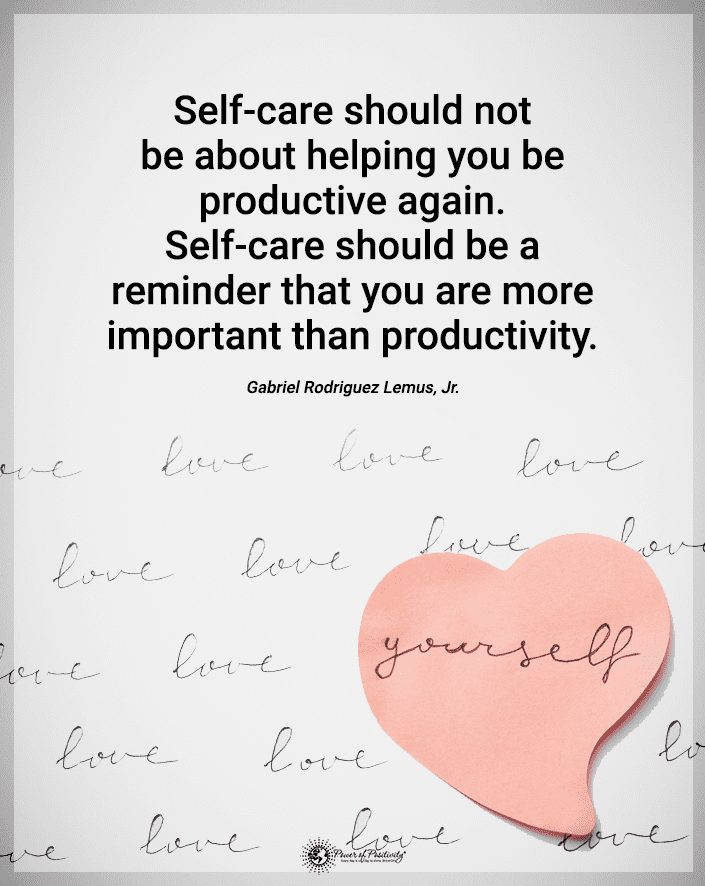(9/13/2024 Editor’s Update: Removed content around the alkalizing effects of Lemon Water and its impact on urinary tract infections, aligning with current research.)
Adding lemon juice to water, which helps rejuvenate cells and flush toxins from the body, provides a variety of vitamins and minerals, like calcium, iron, potassium, and Vitamin C. Making lemon water is simple: mix lemon juice with warm water. It’s better to use warm water rather than cold water, for the body has an easier time processing warm water.
Lemon Water Benefits for the Cardiovascular System and Blood
Drinking lemon water regularly can provide you with the following benefits:

1) It can lower your risk of stroke
A single lemon contains 51 percent of the Vitamin C that the average adult needs. Vitamin C can help prevent stroke and heart disease. In 2000, the science journal “Stroke” described a 20-year-long study conducted in Japan. There, researchers followed over 2,100 volunteers who were at least 40 years old from 1977 to 1997. Although the volunteers were all initially healthy, 196 participants suffered strokes during the study. The researchers found that the stroke patients had consumed less Vitamin C in their diets than the other participants.
2) It can lower cholesterol levels
Lemons are a good source of fiber and phytochemicals like diosmin and hesperidin that can help lower cholesterol. The science journal “Nutrition Research” described a 1994 study in which researchers fed two groups of female volunteers low-fiber diets or high-fiber diets for four weeks. They found that the women who had eaten lots of fiber had lower cholesterol levels than those who had eaten little fiber.
3) It can prevent iron-deficiency anemia
Lemons contain some iron, but they also contain a lot of citric acid and Vitamin C, both of which help the body absorb non-heme iron. The human body can readily absorb heme iron from meat, poultry, and fish, but it has a harder time absorbing the non-heme iron from plants. By helping the body absorb iron, lemons reduce your chances of developing iron-deficiency anemia.
Nutritional Lemon Water Benefits
4) It is a good source of Vitamin C
Vitamin C is an important nutrient and a powerful antioxidant. Drinking lemon water will increase the amount of Vitamin C you consume.
5) It is a good source of antioxidants
In addition to Vitamin C, lemons contain many flavonoids, which are compounds that come from plants. They also have small amounts of manganese.
6) It encourages people to drink more water
The old rule suggesting that people drink eight glasses containing eight ounces of water per day is inaccurate. People need varying amounts of water depending on their age, weight, activity level, and environment. Doctors recommend that people drink at least half their weight in ounces every day. For example, somebody weighing 150 pounds should drink 75 ounces of water daily.
Adding lemon juice to water gives it flavor, making it easier to reach their daily quota.
7) It can help people give up coffee
People trying to reduce their caffeine consumption have found that lemon water is a suitable replacement. Cold drinks and food, however, can actually make the stomach work harder by forcing it to devote energy to keeping the body’s core at its optimal temperature rather than digestion. To prevent this, drink fluids that are at least lukewarm.
8) It suppresses the appetite and thus helps weight loss
It also keeps you feeling full longer. In addition, a tablespoon of lemon juice contains only four calories. The best way to take advantage of its appetite suppressant properties is to drink a glass of it a half hour before eating.
9) It regulates the metabolism
It increases the metabolism and thus enables the body to use its calories more efficiently. In the process, it helps you lose weight.
10) It prevents dehydration
This healthy drink provides the body with electrolytes that help it stay hydrated. Electrolytes, such as potassium, magnesium, and calcium, are salts that regulate both nerve impulses and hydration.
Lemon Water Benefits For the Excretory System
11) It can prevent kidney stones
In 2008, the “Journal of Endourology” published a study comparing different citric juices, both natural and commercially made. They found that fresh-squeezed lemon juice and lime juice contained the highest citric acid concentration, preventing kidney stones from forming. By contrast, mixes like Crystal Light and Kool-Aid contained the lowest concentration.
12) It can improve hydration, supporting kidney function
Drinking lemon water boosts hydration, supporting kidney function by helping filter waste and toxins. It may also prevent kidney stones by increasing urinary citrate, which binds calcium.
13) It helps people recover from hangovers
Like most fruits, lemons contain a sugar called fructose that can help people metabolize alcohol faster and thus reduce the duration of the hangover. There are several recipes used to relieve hangovers.
Benefits for the Immune and Respiratory Systems
14) It strengthens the immune system
Lemon water has anti-bacterial properties that fight infections. It also contains a lot of Vitamin C that help keep the immune system strong.
15) It regulates the respiratory system
It has anti-inflammatory properties that help prevent upper respiratory infections like colds.
16) It reduces mucus build-up
It can clean the sinuses by thinning mucus.
17) It can help ease colds
It reduces coughing and soothes sore throats. One recipe for a cold remedy calls for mixing lemon juice with warm water and then adding honey to the mix. Since honey also has healing properties, it makes the remedy even more effective.
Lemon Water Benefits of the Nervous System
18) It improves the brain’s function
Lemons are a good source of potassium, which helps nourish the brain and nerve cells.
19) It can relieve headaches
A mixture of green tea and lemon juice can work as well as aspirin as a headache remedy.
20) It improves mood and balances emotions
Adding turmeric to lemon water creates a drink that can relieve depression and anxiety. Turmeric is a spice from India with a variety of healing properties. For example, it reduces depression by stimulating serotonin and reducing the production of the stress hormone cortisol.
One recipe for making turmeric lemonade calls for the following ingredients:
- 5 cups of water
- ½ cup of lemon juice
- Four tablespoons of freshly grated turmeric root
- Two tablespoons of grated ginger
- Three tablespoons of honey
- ½ cup of orange juice (optional)
Boil the water and pour it into a turmeric and ginger jar. Let the mixture sit for at least 10 minutes. Add the honey and stir until is mixed completely. Strain the mixture and add the lemon juice. Let it cool, and then taste it. Add the orange juice or more lemon juice to suit your taste.
21) It helps the eyes
Vitamin C in lemons can improve eyesight. It can also protect the eyes from age-related macular degeneration and cataracts.
Other Lemon Water Benefits
22) It relieves fever
Lemon juice can cause a fever to break by stimulating perspiration.
23) It can help the skin
It clears the skin and reduces wrinkles, fine lines, and other signs of aging. One “Power of Positivity” staff writer tried drinking it every morning for a month. They found that their skin became clearer and less oily.
24) It relieves constipation
Water, by itself, can help relieve constipation by making stools softer and easier to pass. Lemon juice is acidic and aids digestion. You should drink lemon water twice a day, once before breakfast and once right before bedtime, to treat constipation.
25) It makes the digestive system more efficient
Lemon water keeps digestion regular and prevents constipation. It is particularly effective when taken warm or hot in the morning.
26) It reduces joint inflammation and helps relieve pain
Drinking it after an intense workout in the gym can counteract the uric acid that can cause sore muscles. Lemon juice is also a diuretic that can flush out the bacteria and toxins that cause joint inflammation.
27) It freshens breath
It kills the bacteria in the mouth. The water also keeps the mouth hydrated and thus prevent the bacteria from returning.
28) It can improve dental health
It prevents gingivitis and can soothe a toothache.
Potential Benefits
29) It can help protect cells from free radicals
Lemons contain a lot of flavonoids, which are antioxidants. Studies involving rats have indicated that flavonoids from lemons can protect cells. There have, so far, not been any such studies involving humans.
30) It helps the liver
It is believed to help cleanse and detox the body. Lemons do contain a molecule called limonene that has been shown to have such an effect in rodents. So far, there have been no clinical trials with humans.
31) It may reduce inflammation
The vitamin C and flavonoids in the lemon water, with regular consumption may help reduce inflammation, benefiting conditions like arthritis by neutralizing free radicals that trigger inflammation.

Final Thoughts on Adding Lemon Water to Your Daily Routine
As can be seen, lemon water has multiple health benefits. It is also very easy to prepare; you can add ingredients like mint to sweeten the taste.













